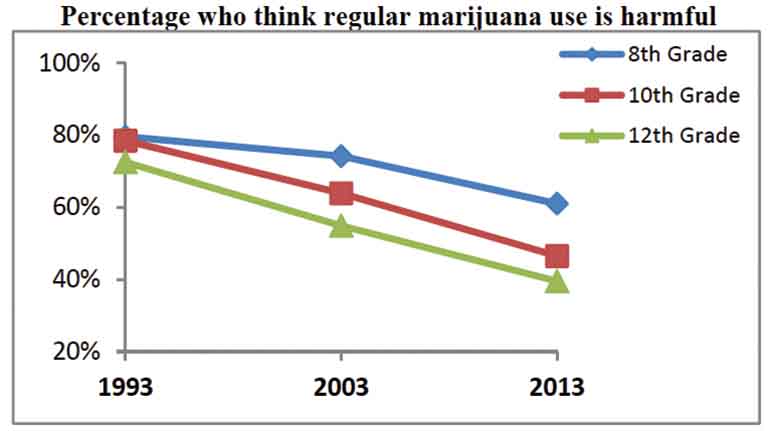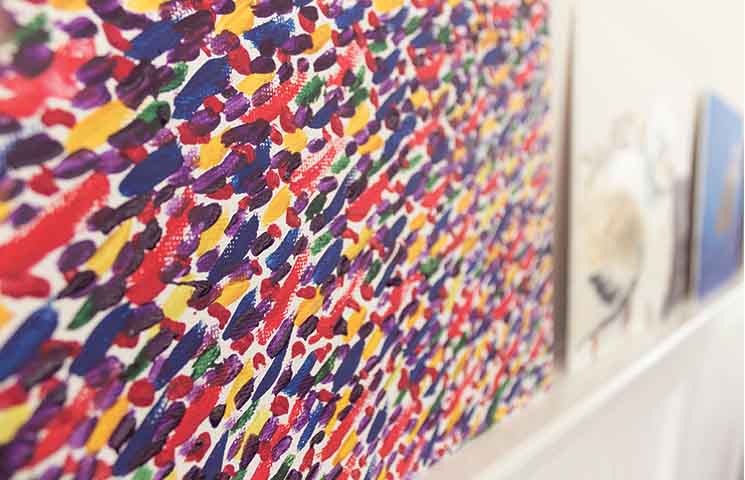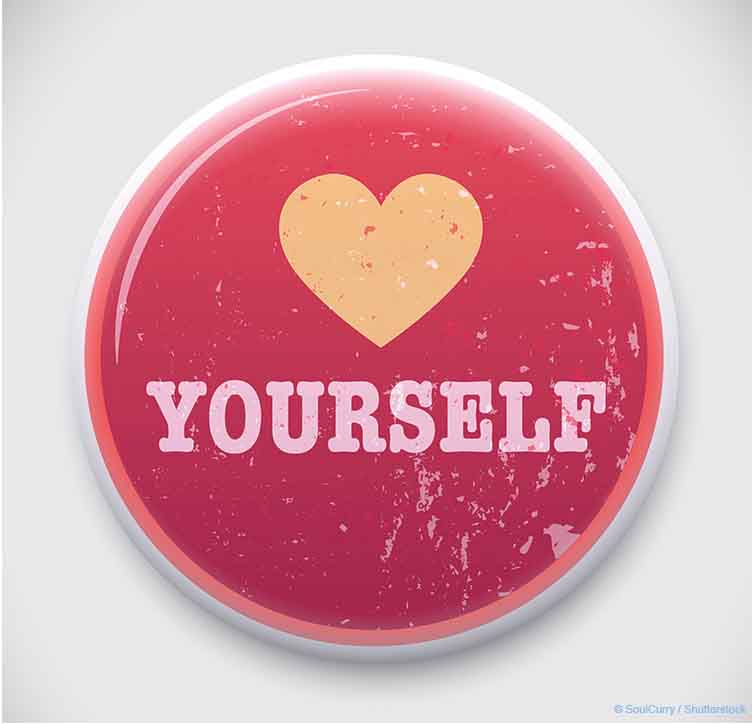VOLUME XIV / FEB 2014
Two Dreams is a wellness program led by Andrea G. Barthwell, MD, FASAM that provides individualized care for those who dream of recovering a healthy lifestyle.
NOTE FROM DR. B.
As we profess our love for others this month, let us remember to show love for ourselves. The second promise teaches us how to accept our past and current self in order to move forward and continue to grow. Take a moment to reflect on some events in your life that are difficult to accept, and keep those feelings in mind as we process this topic together.
VOLUME XIV / FEB 2014
Two Dreams is a wellness program led by Andrea G. Barthwell, MD, FASAM that provides individualized care for those who dream of recovering a healthy lifestyle.
NOTE FROM DR. B.
As we profess our love for others this month, let us remember to show love for ourselves. The second promise teaches us how to accept our past and current self in order to move forward and continue to grow. Take a moment to reflect on some events in your life that are difficult to accept, and keep those feelings in mind as we process this topic together.
I am extremely pleased to announce our featured guest writer for this month, Barbera Bashan, a licensed massage therapist, trainer, educator and energy worker. She is currently an adjunct staff member of Two Dreams, and has over 30 years of experience in her field.
MONTHLY PROMISE
#2: “We will not regret the past nor wish to shut the door on it.”
By: Brett Dunning, TDOB Clinical Director
The second promise tells me that I will be relieved of my resentments. This promise tells me that the burden of shame and guilt will be transformed into strength through the process of forgiveness. The Big Book of Alcoholics Anonymous states that resentments are the number one offender for relapse.
While in active addiction, one produces a “vicious cycle” with mood altering substances, over-eating, gambling, sex, or other vices. And the pain felt by the addiction is projected outward in our lives unhealthily by blaming others (external). Like drugs and alcohol this provides instant gratification but with the promise that negative consequences are sure to come down the road.
To relieve the pain in a healthy manner we must search our feelings, emotions, and perspectives on life (internal) to see where we have caused chaos in our own lives as well as in others’ lives.
“We will not regret the past” promises us that we will not have to keep living in an emotional state that only perpetuates our punishment. Suffering is no longer our coping mechanism. We begin to recognize that our suffering is a thing of the past and can be used to signify our old way of life (Nor wish to shut the door on it).
Through a self-searching moral inventory and utilizing Cognitive Behavioral Techniques, individuals in early recovery can prevent themselves from falling down that deep pit of resentment. Individuals can see how their experience brought them to a new place based on spiritual principles, which incorporate love, tolerance, trust, and forgiveness.
NEWS HIGHLIGHTS
More Teens See Marijuana Use as Non-Threatening
By: Jon Oelke, TD IOP Program Manager
According to the 2013 Monitoring the Future (MTF) Survey, 39.5% of 12th graders view marijuana use as harmful. This figure is down over 4.5% from last year. The study also shows that the number of high school seniors who use marijuana has increased by 4.1% over the past two decades.
NIDA Director Nora D. Volkow, MD, states that “this is not just an issue of increased daily use. It is important to remember that over the past two decades, levels of THC – the main psychoactive ingredient in marijuana – have gone up a great deal…daily use today can have stronger effects on a developing teen brain than it did 10 or 20 years ago”.
PTSD Worsened by College Drinking
A recent study at the University of Buffalo has indicated a link between Post Traumatic Stress Disorder (PTSD) and alcohol consumption among college students. The 3-year, longitudinal study investigated relationships between substance use and PTSD among those entering college and 11 points throughout the next three years of college. The study indicated that PTSD and alcohol use have a bidirectional effect on each other, such that one may exacerbate the other. Educating at-risk students about the relationship between past negative trauma and alcohol/drug use may be the first step in mitigating this negative risk.
IOP HIGHLIGHT
By: Zoe Crawford, TD IOP Lead Therapist
I am extremely excited to tell you about our Intensive Outpatient Program located at our headquarters in Oak Park, Illinois. This Chicagoland facility is a natural outgrowth of our success in the Outer Banks and allows us to offer even more comprehensive treatment.
Our program is appropriate for those individuals who need more clinical intensity than a typical outpatient therapist can provide, or as a step down after attending residential treatment. One of the unique aspects of treatment at Two Dreams is our ability to customize treatment for the individual rather than forcing the individual to conform to the treatment.
In keeping in line with the Two Dreams mission, we focus on seven areas in treatment: abstinence, peer support, professional guidance, nutrition, exercise, ritual and medication. We look for clients to have achieved mental peace, physical well-being and personal productivity during our program.
Groups meet three days a week for 3 hours each session. We focus on group process therapy as the main modality of treatment, and incorporate time to meet with therapists individually. We work particularly well with clients who have a co-occurring mental health diagnosis or physical health issues. We also provide a family night to address addiction as not only an individual problem but a disease affecting the entire family system.
If you have questions or would like to refer someone to the program, please don’t hesitate to call us. We are here to help. Call us! (504) 510-2331
COMMUNITY
“Acceptance is observation of life and suspension of judgment about whether what is happening is good or bad, right or wrong.” – Ron Smotherman
By: Aubrey Briggman, TDOB Operations Manager
A fun filled month!! Everyone attended the AA Fish Fry which was an event to enjoy in a clean and sober atmosphere. Two Dreams residents won the raffle at the event! This month’s activities have included nature walks in Nags Heads Woods and Corolla where the beauty of the outdoors proved to be an uplifting experience. The North Carolina Aquarium at Roanoke Island was an education event where residents gained knowledge about the Outer Banks and its animal life.
Everyone has been very creative, doing art projects with the theme of acceptance. These projects have proven to be very motivational this month and inspires acceptance of our past, ourselves and others as we look to a bright future.
FEATURED GUEST WRITER
By: Barbera Bashan, Massage Therapist
It’s not always easy to accept your life as it is right now. We often sit in imperfection hoping things will get a bit better for us. We use the “if only” to demand from the universe a world that is exactly how we want it. When tragedy strikes or we meet a stumbling block we have trouble accepting it as part of our lot.
Acceptance is a little different from not caring. Acceptance means you care deeply enough about yourself to see that what is happening to you now is the unmistakable truth. You don¹t beat yourself up or blame yourself for what is happening. When we accept life as it is presented to us we change our relationship with our present circumstances, and it is from there that little miracles can happen.
We can see that the situation we are in might have some plus sides or benefits. If we stop for a minute and really look at what is happening and acknowledge for a second that there may be some good here, then we can work on those plus sides rather than dwelling in the darkness of the problem.
If we accept a situation as being something that has occurred for us – not to us – we might see that we can learn something from our predicament.
If we accept something as being part of our connection to a greater plan, something that we can¹t see with our limited, defective vision, then we might stop fighting and struggling with ourselves a bit and step more into the easy flow of our life.
Practice for today: Once you learn to put down what you are struggling with, you will move into a frame of mind where you can start processing your current situation. What is one thing in your life you are having trouble accepting? How can you make friends with your situation so new doors can open?
Acceptance is the opposite of control. It is the sister to Trust. Self-acceptance means self-discovery and the wonder of seeing clearly and differently. To value our imperfections as the fruit and beauty of growth.
Barbera Bashan is a licensed massage therapist, trainer, educator, and energy worker living in Boise Idaho. She is an adjunct staff member of Two Dreams and other nationally respected treatment centers across the United States. She has over 30 years in the field applying her specific talents in the healing arts and has helped thousands in their physical improvement and spiritual and emotional improvement.
THE 3P’S
mental peace – physical well-being – personal productivity
Love Yourself
By: Dana Whitmore, TDOB Clinical Director
This Valentine’s Day take inventory on how you treat yourself. Recovery is about coming to a place of self-forgiveness, self-acceptance, and ultimately self-love. You can establish a better understanding on how to find your inner happiness by examining how well you take care of yourself. If your priority is to care for others at your own expense, chances are you do not allow yourself to experience self-acceptance and self-love.
So this Valentine’s day give yourself a day of “self-care” to demonstrate that you are worth loving. You don’t need someone to complete you, you only need to accept self completely and begin to operate in a manner towards self that is loving and nurturing. Remember that until you love and accept self, you can never fully experience giving and receiving love from another. This Valentine’s day give yourself “true love” and endeavor to establish a routine of self-care by planning some time and activities around nurturing you.
Winter Self-Care Worksheet
- 1: What are the things that contribute to my overall energy levels?
- 2: What are activities that drain my energy levels?
- 3: What are the things that bring me joy, serenity, and a sense of contentment?
- 4: What are the activities I will move away from due to the seasonal weather and daylight patterns? (Example: gardening, camping, sailing, traveling, etc.)
- 5: What are my highest self-care priorities for the season?
- A sense of unhurriedness
- Maintain or improve current level of physical health
- Maintain energy levels and stave off depression
- Minimize stress during the holiday season
- Engaging in creative activities
- Spending time on educational pursuits
- A need for solitude
- A need to connect with others
- 6: What self-care routines can help me maintain a sense of balance in my life? (Example: winter sports, holiday decorating/planning, concerts, plays, etc.)
- 7: How much time can I afford to spend on these activities? In the morning? During the day?
Sid Says
By: Sid Miltz, Executive Clinical Director
I often joke with clients that when they arrive for treatment at Two Dreams I tricked them. They thought they were going to treatment to stop using mood-altering chemicals and what they must do to survive is one simple little thing. Change. Not so simple, not so little.
You cannot make a change to yourself if you do not understand your current situation. You must have an awareness of what is real and what that reality looks like, in order to conduct an intervention to change and produce a new outcome. This is hard for anyone, let alone a person who is under the influence of a chemical that is controlling them. In fact many people’s addictive disorders grow to the magnitude that they do because they either do not want to acknowledge reality and want to push it away or they want a different reality but think somehow magically it will just happen.
Everything is a process and so is change and becoming aware. Let’s take a look at change in a stage theory that leads to acceptance through the Kubler-Ross model of the grieving process. After all, everyone new in recovery is in a grieving process on some level. If nothing else, they are grieving the loss of their chemical.
Stage One: Denial
“What problem?” People here still think they are in control.
Stage Two: Anger
Angry that they are being “forced” to stop or angry that they are afflicted with the condition. “This isn’t fair.”
Stage Three: Bargaining
A very selfish protective stage where bargains are made just to elevate what is perceived to be a temporary hardship. “God, if you just get me out of this, I promise I will never use again.”
Stage Four: Depression
The physical and emotional withdrawal of the chemical or behavior. Feelings of sadness are overwhelming to the point people often use again to escape once more.
Stage Five: Acceptance
“We admitted…” At Two Dreams this is where people often tell us the reality of what is going on. People take off their mask and show us who they are. They commit to their recovery in a heartfelt manner. Commit to change.
One more thing…being in acceptance doesn’t mean that you like what you are accepting. It means you know the reality. Being in acceptance means you know your reality. You know you can’t fool you. That you stand in your truth. That you are honest with yourself. Remember, “Those who do not recover… men and women who are constitutionally incapable of being honest with themselves.”
Thank you to our content contributors:
- Dr. Andrea Barthwell – Founder
- Sid Miltz – Executive Clinical Director
- Barbera Bashan – Featured Guest Writer
- Brett Dunning – TDOB Clinical Director
- Jon Oelke – TD Program Manager
- Zoe Crawford– TD IOP Therapist
- Kara Hamilton – TD Art Director
For admissions and all staff call us at: (504) 510-2331
© 2014 Two Dreams Outer Banks. All Rights Reserved.





